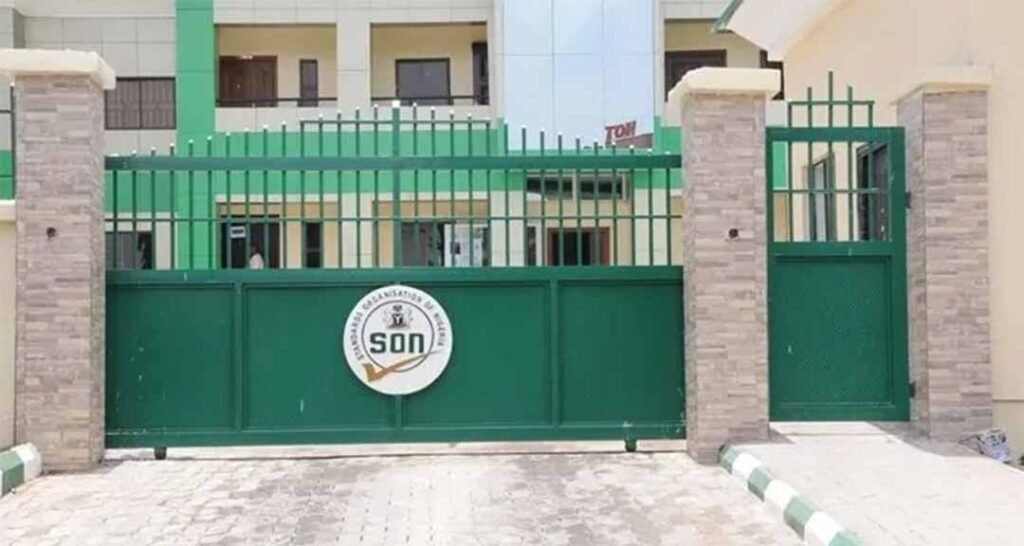The Standards Organization of Nigeria (SON) has explained the recent explosion of a compressed natural gas (CNG) vehicle refueling at a station in Benin City, Edo State.
According to SON, a preliminary investigation revealed that the cylinders used in the modification of the vehicle did not meet the required CNG standards approved by the organization.
In a statement issued on Saturday, SON warned Nigerians against the use of substandard and uncertified CNG cylinders, highlighting the potential risks involved.
“The organization sympathizes with those affected by the incident and also notes that preliminary investigation has revealed that the cylinders used in the modification of the vehicle do not comply with the CNG standards approved by the organization. We also need to keep this in mind.”
regulatory measures SON noted that it has robust and effective regulatory measures in place to ensure that all CNG equipment and conversion kits comply with approved standards before being certified for public use. did.
It added that the organization’s conformity assessment scheme is designed to prevent the import, manufacture and use of substandard products, particularly those related to CNG systems. The organization also announced that it is working with the President’s Initiative on CNG and other relevant government agencies to conduct a final conformity assessment. The platform is expected to provide centralized monitoring and monitoring of CNG systems and ensure that only vehicles equipped with certified conversion kits can be refueled at gas retail outlets.
“NGVMS also provides a database of approved CNG equipment and suppliers, which plays a key role in preventing substandard installations and mitigating associated risks.
“This initiative reassures the public that CNG safety is a top priority and reaffirms our commitment to ensuring the safe use of CNG in Nigeria,” SON explained.
Main differences between LPG cylinder and CNG cylinder
To further ensure safety, SON highlighted the differences in construction between liquefied petroleum gas (LPG) and CNG cylinders, noting that each is designed for different pressure levels and applications.
“LPG cylinders are made for an operating pressure of 7 bar and can withstand gas pressures of up to 30 bar, whereas CNG cylinders are designed for much higher pressures and can withstand operating pressures of up to 200 bar. pressure and the ability to withstand test pressures of more than 300 bar,” the statement clarified.
Unlike LPG cylinders, which have welded joints and seams, CNG cylinders are seamless and have no welded joints, making them more suitable for the high-pressure environment of CNG vehicles. SON urged all CNG refueling stations to remain on-site at all times. Background A CNG fueled vehicle exploded at a NIPCO filling station in Aduwawa, Benin, Edo State on Wednesday, leaving three people, including the driver, seriously injured. A station official told the media that a woman whose stomach was torn open and two others whose legs were amputated in the explosion were also being treated at the University of Benin Teaching Hospital in Ugbowo. The incident caused panic among Nigerians who were still considering converting their cars to CNG amid the recent hike in petrol prices. However, officials at the scene of the explosion also pointed out that the cylinder that exploded was manufactured by a welder without proper approval. Follow us to get the latest news and market information.

